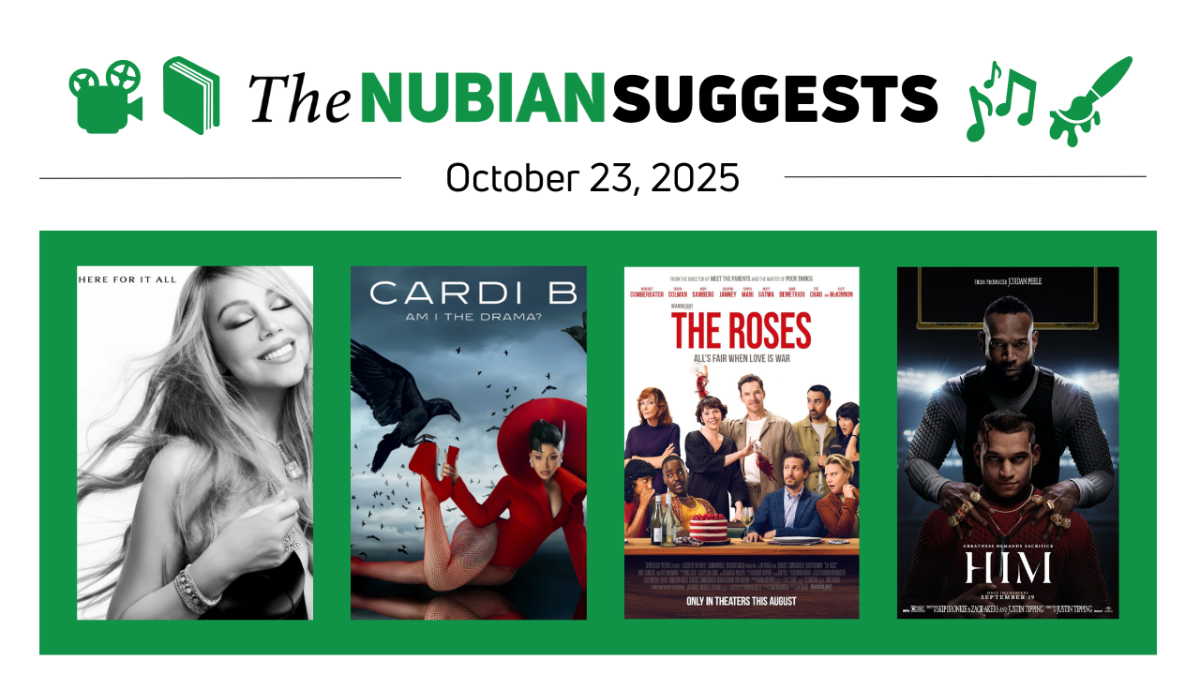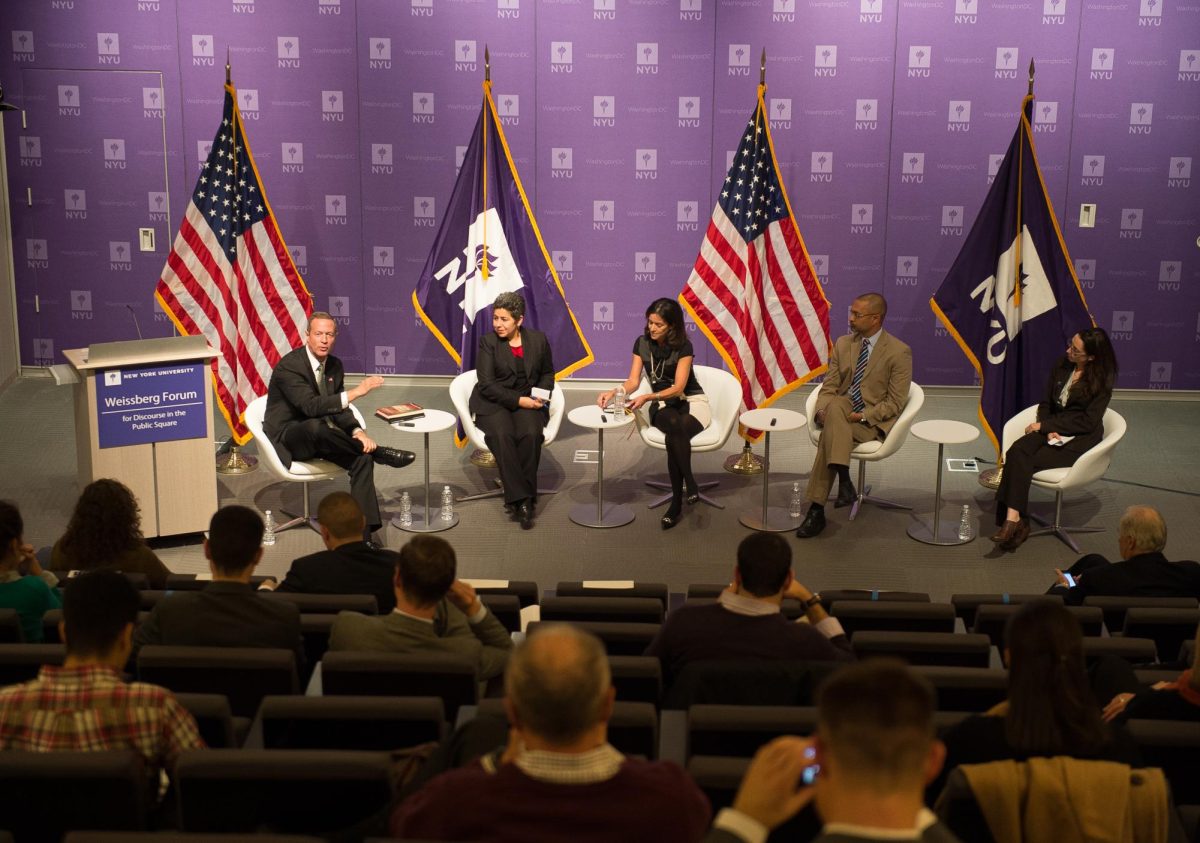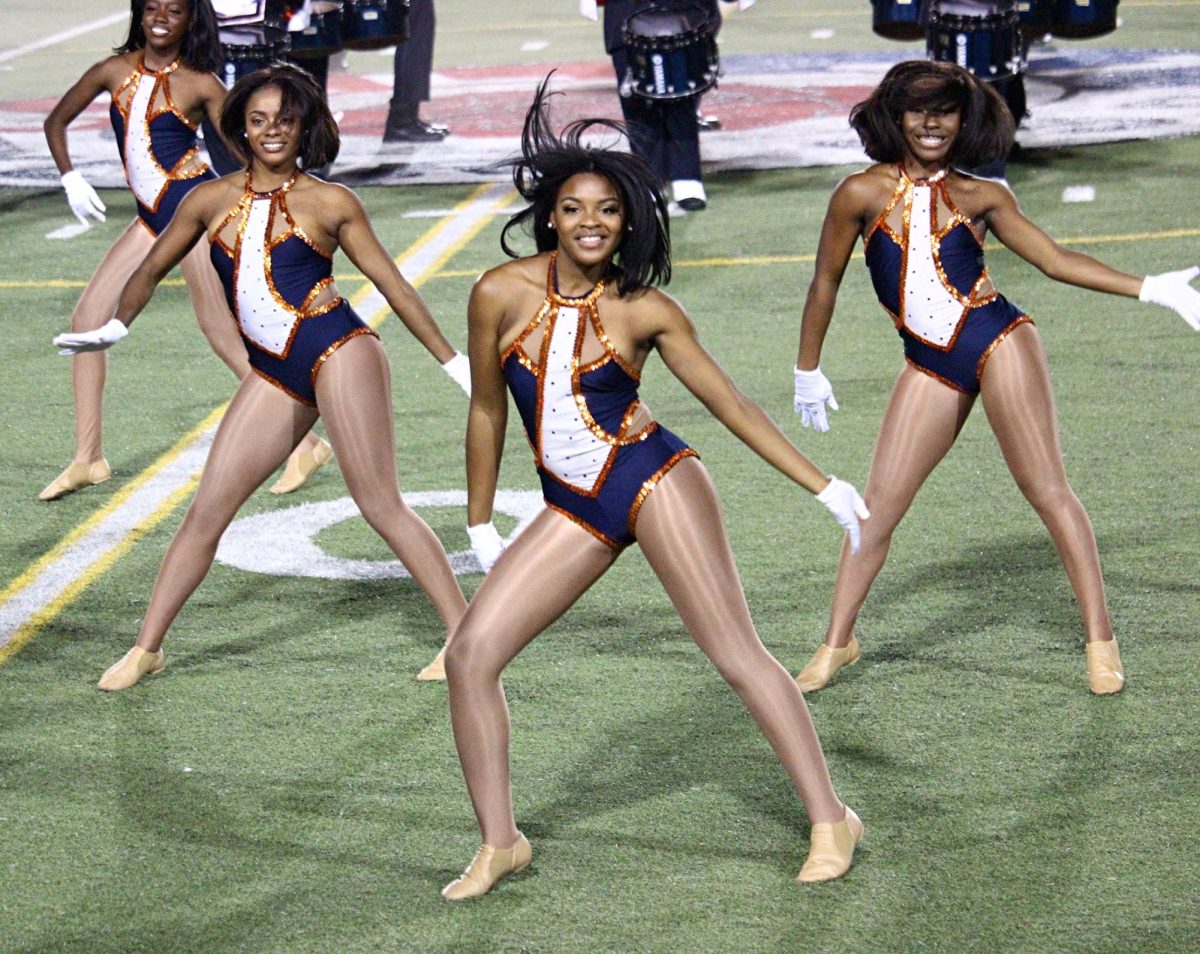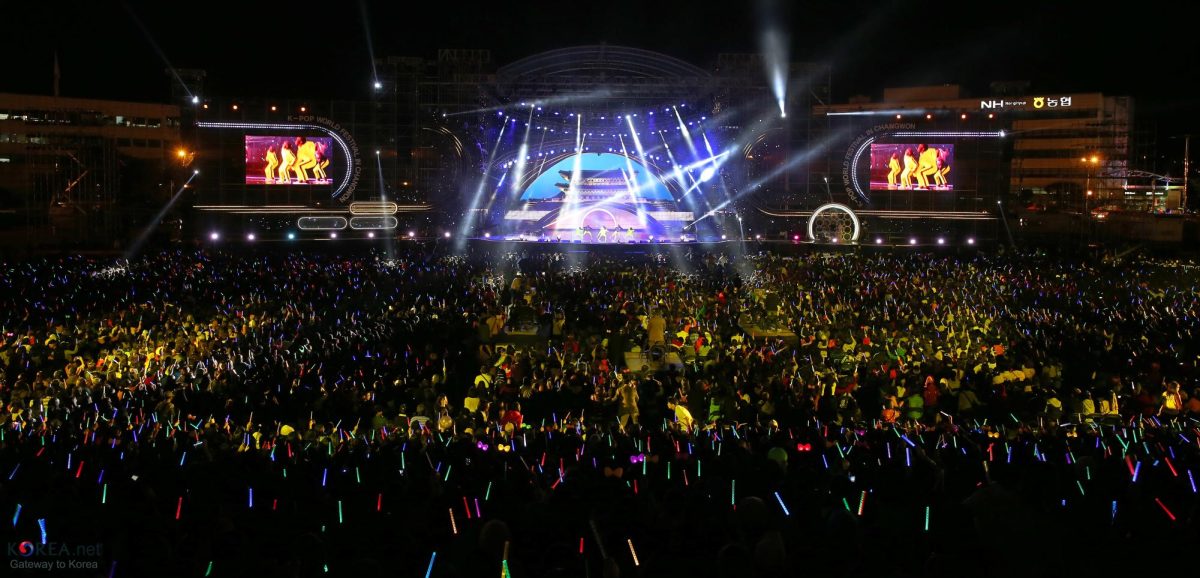As we get into the groove of Feb., the standard influx of Black History jokes (especially since it’s the shortest month of the year) has followed. But another upcoming holiday that most people have begun to dread is Valentine’s Day. A day that’s met with mixed reactions, it centers around the concept of love. With that comes an increase of couple posts and romantic comedy movies. But in the spirit of Black History month, let’s discuss Black love.
One of the things that I always saw in popular media growing up when it comes to Black love are the common Tyler Perry movie tropes (which are their separate problematic entity). As the years come and go, various debates and popular media constantly explore the concept of Black love. This is an obvious step in a more progressive and modern direction. However, there are still a multitude of problems that plague popular media and the public view of what Black love can be.
I can’t help but look back at the many romantic comedies that I would watch with friends and see that white couples would always have a happy ending, with little to no issue except for the airport run that is seen in just about every romantic comedy ever. While, with Black romantic comedies or just Black films in general, there was always some sort of trauma involved, particularly on the woman’s end. There is also the concept of Black queer representation in films that I feel is rarely seen and can be terribly represented sometimes.
There have been some improvements in how black love is shown in modern popular culture. With shows like “Insecure” by Issa Rae giving an accurate portrayal of what modern romance can look like for Black women. However, what about Black queer love? Why is there such a small number of Black queer love stories? Even in shows that have queer love, there aren’t many that I’ve seen with two Black partners. Most of the time it’s always been one Black partner with a non-Black, typically white, partner.
While Black people being a part of queer representation is great and I always love to see it, there is very little queer representation as it pertains to Black love. I remember watching the movie “Moonlight” for the first time. It brought tears to my eyes to see the main character’s evolution and journey to self-acceptance as well as the confusing feelings that many Black queer men are faced with growing up. Better yet, the relationship between the main character and his friend-turned-love interest was handled in a way that was mature and tender in its own right.
However, there is still so much to be done. In 2021 as a whole, there were only two Black LGBTQ+ characters in films. This is just characters alone. The fact that there were no queer Black-centered stories that year as a whole, not one, says a lot about the state of representation for queer Black love.
It’s hard to see Black queer love as something that can be attainable or normal when you hardly see it in the media that we consume today. Growing up, it was hard for me to feel comfortable in my own queerness and envision myself in a queer relationship that was not soft or gentle, because I never saw that with the media that I consumed.
With this being said, what can be done about this? For starters, more support for Black queer storytellers, whether that be screenwriters, directors, or authors, is a great step in the right direction. There haven’t been too many Black queer creatives that have gotten the necessary voice in popular media to thrive and tell queer Black love stories. And if you aren’t queer or Black, either do your research, ask Black queer people about their experiences or do not write Black queer characters in your work. Cause I am tired of seeing stereotypes of Black queer people in the media.
I want Black queer people to see that our love can be tender, it can be soft, it can be anything you want it to be. It doesn’t have to be some outlier or a show that gets canceled after two seasons (I’m talking to you “Noah’s Arc”). It can be as normal and as beautiful as what love is and what it should be portrayed in Black love stories.






